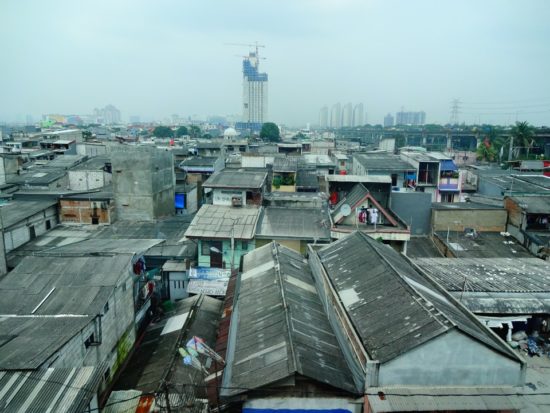Colonisation of hospital surfaces from low- and middle-income countries by extended spectrum β-lactamase- and carbapenemase-producing bacteria
Hospital surfaces can harbor bacterial pathogens, leading to nosocomial infections and mortality in low- and middle-income countries. The study BARNARDS found that Gram-negative bacteria (GNB) carrying antibiotic resistance genes colonize surfaces and patient care equipment in neonatal wards. The study found consistently dominant clones related to neonatal sepsis strains, with higher prevalence in Pakistan, Bangladesh, and Ethiopia. The persistence of dominant clones suggests the need for improved infection prevention and control guidelines.
AMR NEWS
Every two weeks in your inbox
Because there should be one newsletter that brings together all One Health news related to antimicrobial resistance: AMR NEWS!





